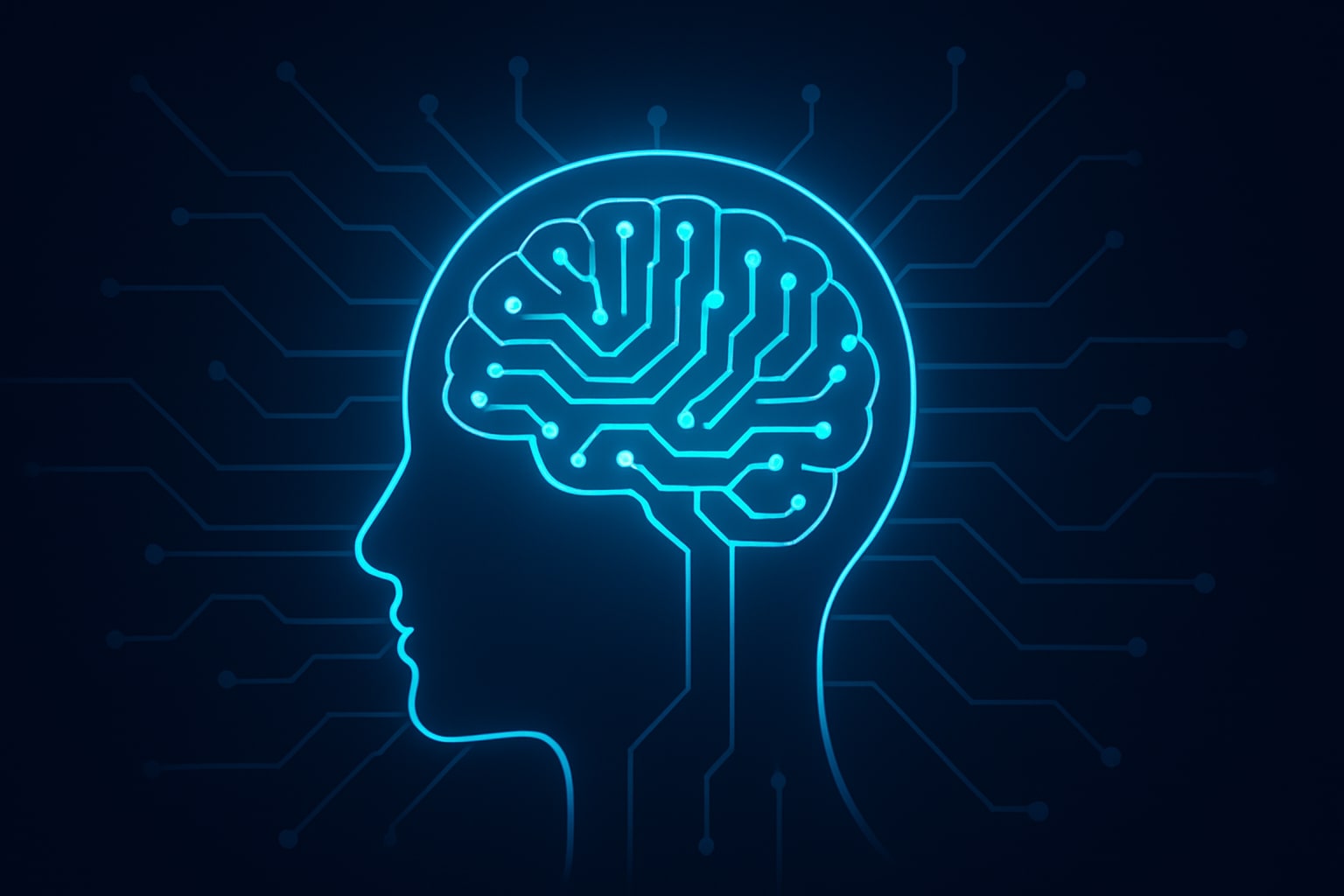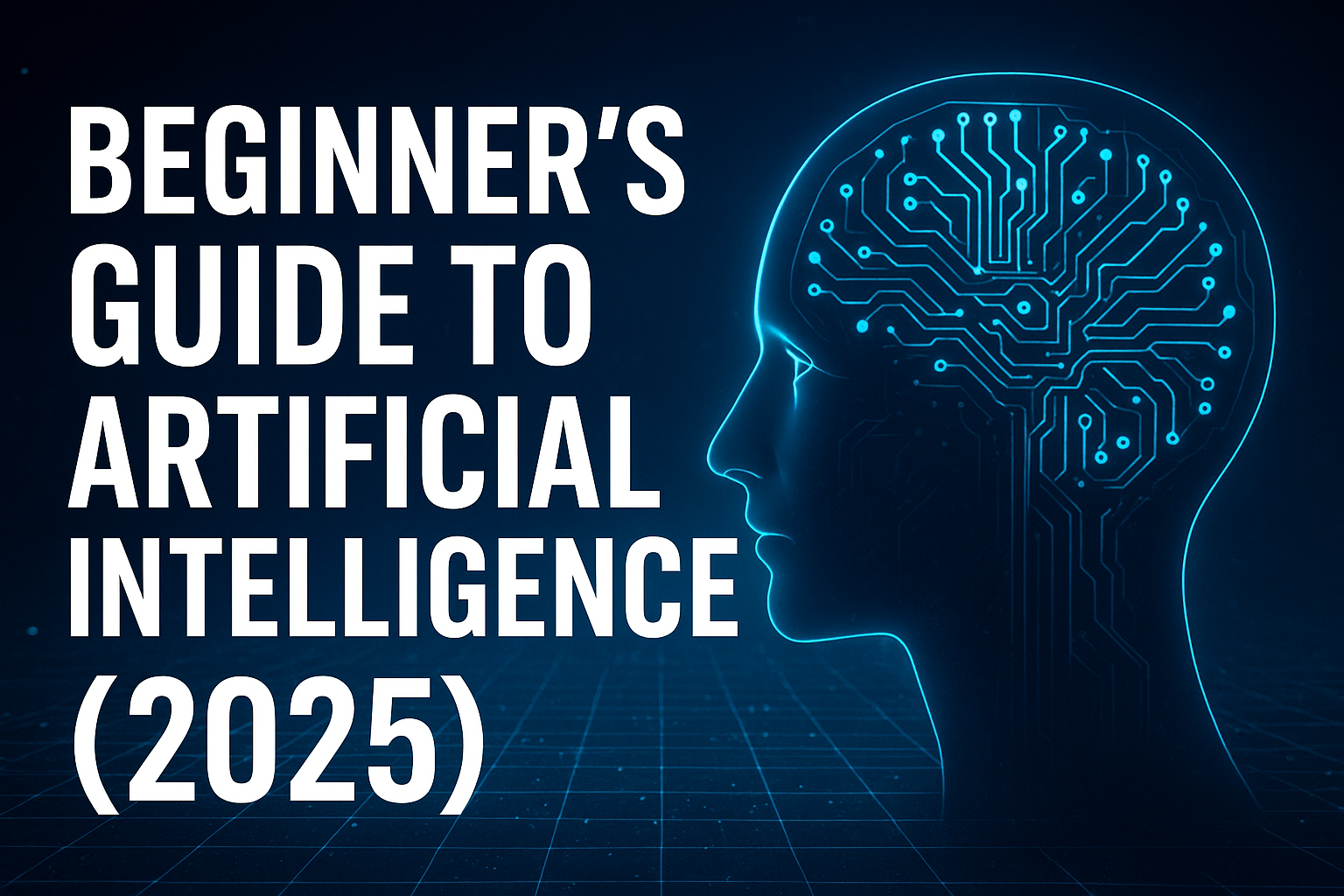Artificial Intelligence (AI) is no longer just a sci-fi trope. It’s a transformative force reshaping our world in 2025. But what exactly is AI, and why does it matter? This beginner’s guide will break it down, explain how it works, and show you where it’s already changing your everyday life.

What is Artificial Intelligence (AI)?
At its core, Artificial Intelligence is a branch of computer science focused on creating systems capable of performing tasks that typically require human intelligence. These include learning, reasoning, problem-solving, and language understanding.
In simple terms: if a computer program can learn from data to improve its performance, it’s using machine intelligence. For a deeper dive, see Stanford’s overview of AI.
How Smart Systems Learn and Make Decisions
Modern AI technology relies on analyzing vast amounts of data, spotting patterns, and making predictions. The key drivers are:
- Machine Learning (ML): Algorithms that “learn” from data without needing explicit programming for every task.
- Neural Networks: Systems inspired by the human brain, excellent at recognizing patterns and images.
- Deep Learning: A powerful form of ML using multi-layered neural networks, behind big advances in speech and image recognition.

How You Already Use AI in Daily Life
Even if you don’t notice it, smart algorithms are part of your everyday routine. Examples include:
- Smart Assistants: Siri, Alexa, and Google Assistant respond to voice commands using natural language processing.
- Recommendation Engines: Netflix, YouTube, and Spotify suggest shows or music using AI-driven predictions.
- Navigation Apps: Google Maps and Waze analyze traffic data to guide you on the fastest routes.
- Spam Filters: Email services use intelligent automation to block unwanted messages.

Why Intelligent Systems Matter
AI’s importance comes from its ability to automate complex processes, discover insights in massive datasets, and extend human capabilities. It’s shaping healthcare (disease diagnosis), finance (fraud detection), and transportation (self-driving cars). Learn more at IBM’s AI research.
The Future of AI
Looking ahead, AI technology will continue spreading into business tools, creative software, and daily life. The next frontier is building systems that are more ethical, transparent, and easier to understand—an area known as Explainable AI (XAI).

Want to keep learning? Explore our guides on Machine Learning vs. Deep Learning and the Top AI Terms every beginner should know.
